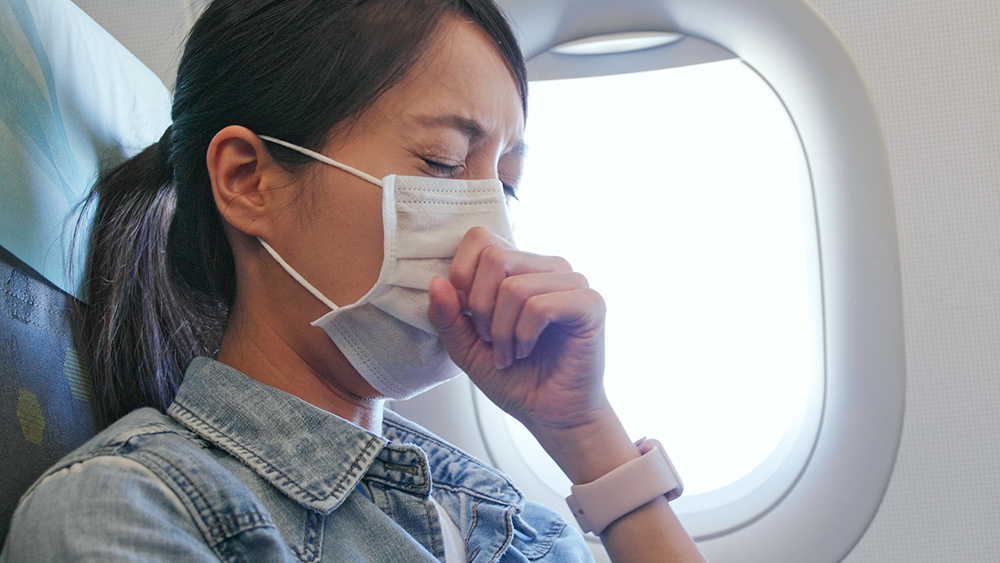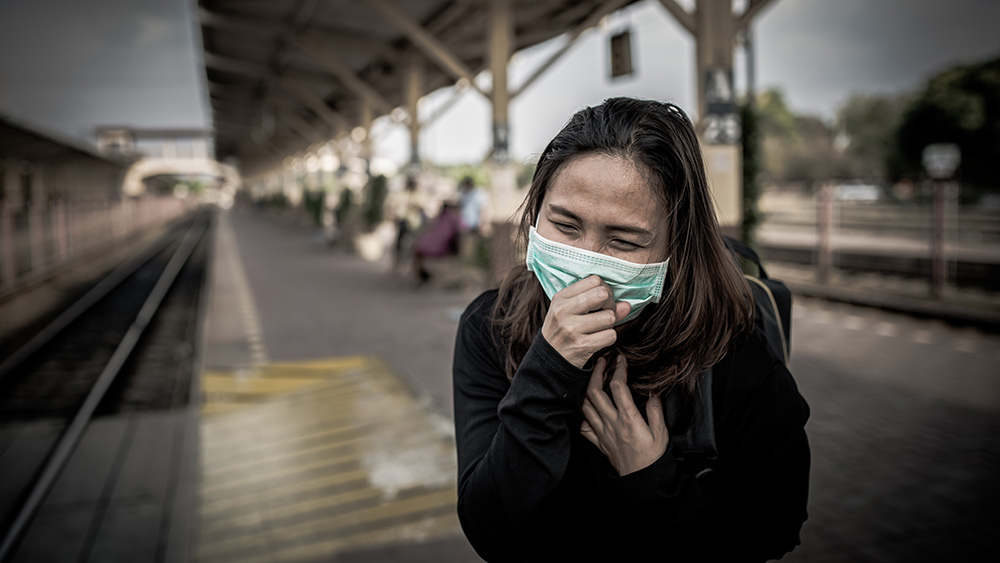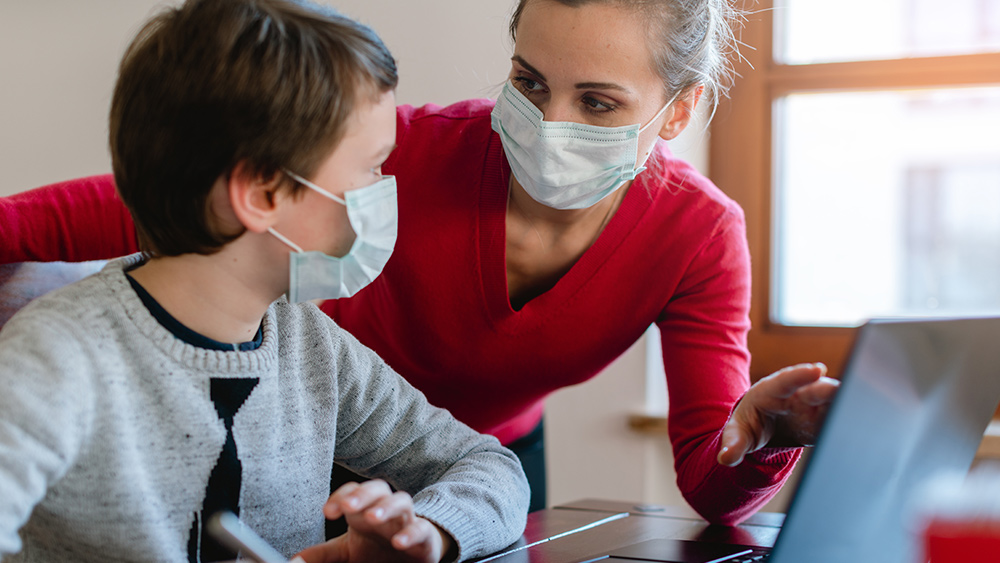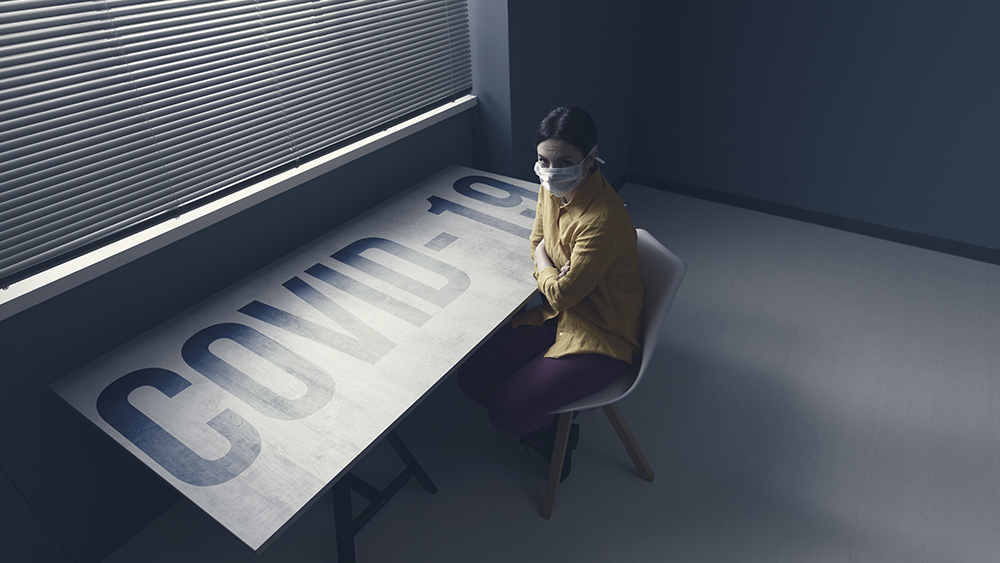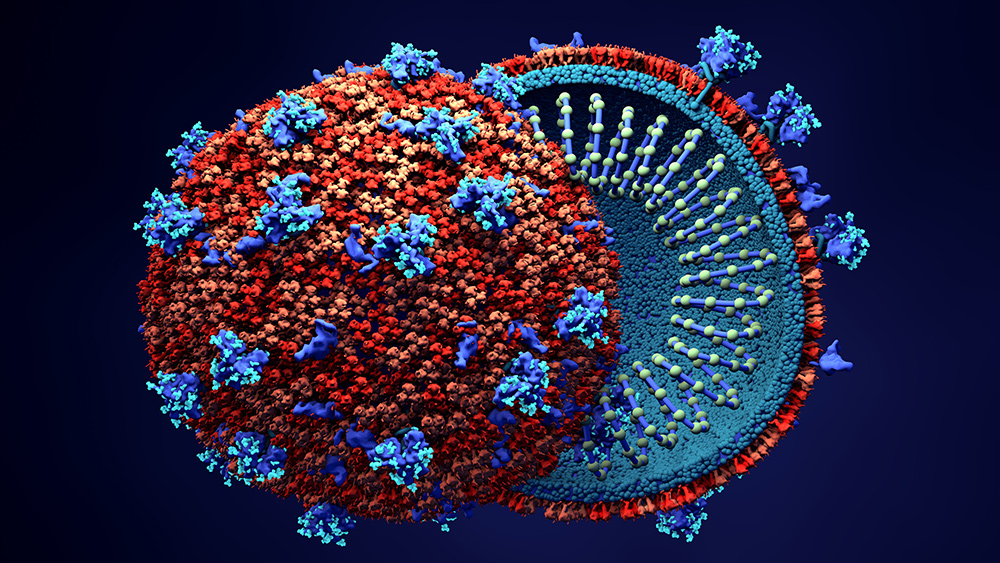Coronavirus patients laid face down on ventilator may suffer permanent nerve damage
09/22/2020 / By Ralph Flores

People with severe COVID-19 symptoms are often laid face down on ventilators to make it easier for them to breathe. But a new study reveals that while placing COVID-19 patients in a prone — or face-down — position is life-saving, it can also lead to permanent nerve damage.
The study, a collaboration between Shirley Ryan AbilityLab, a rehabilitation research hospital, and the Feinberg School of Medicine in Illinois, is currently out on preprint and has been accepted by the British School of Anesthesia.
“It’s shocking how big a problem it is,” explained Dr. Colin Franz, a physician-scientist at Shirley Ryan AbilityLab and the senior author of the study. “This is a much higher percentage of patients with nerve damage than we’ve ever seen in any other critically ill population. Ordinarily, very sick people can tolerate the position that helps their breathing. But COVID patients’ nerves can’t tolerate the forces other people can generally bear.”
The findings of this study, as well as a similar study that came out afterward, suggest that up to 15 percent of patients with severe COVID-19 symptoms experience irreversible nerve damage. Based on the global COVID-19 caseload, Franz says that thousands of patients are affected.
“It’s underappreciated, if you take our numbers and extrapolate them,” he added. In the current study, Franz and his team found at least 20 patients with nerve injury from seven different hospitals. They also offer a possible reason for why doctors and healthcare workers miss the injury.
Coronavirus patients on ventilators are prone to nerve damage
Patients who recover from a serious bout of COVID-19 generally feel weak after waking up, partly because they have been bedridden. But the researchers decided to look into this pattern of weakness after seeing a number of patients lose function in a significant joint during recovery. In some cases, the hand, hip or shoulder on one side of the body becomes completely paralyzed.
In response to this, healthcare experts at Northwestern Memorial Hospital are updating their prone position procedure for COVID-19 patients to avoid nerve damage.
“We noticed patients are getting a lot of pressure at the elbow or at the neck, so we’ve made some adjustments to the way we position the joints as well as putting extra padding under the elbow and the knee where there is the most pressure,” Franz said. (Related: Coronavirus after-effects could include strokes, seizures and persistent confusion, according to new research.)
The most common injuries that patients report include a frozen elbow, loss of hand control and wrist and foot drops. However, a number of patients have also reported experiencing up to four distinct sites of nerve damage, with some even requiring assistance to walk.
Currently, the team is doing nerve stimulation therapy as studies suggest it might help regrow nerves. The team is also collaborating with other researchers, particularly, from Northwestern University, for further studies.
Despite positive reports about nerve stimulation therapy, however, Franz said that many recovered patients might not be able to regain full function due to chronic illnesses that hamper nerve regeneration.
“It may mean lifelong trouble with walking or vital hand functions such as writing or using a computer or mobile phone,” he added.
Franz and his team are now working on a pressure map of hot spots to identify better prone position strategies using radiology imaging.
Pandemic.news has more on the Wuhan coronavirus and its effects on the human body.
Sources include:
Tagged Under: China, coronavirus, covid-19, Flu, hospital care, infections, nerve damage, nervous system, outbreak, pandemic, patient recovery, prone position, research, superbugs, ventilators, virus






